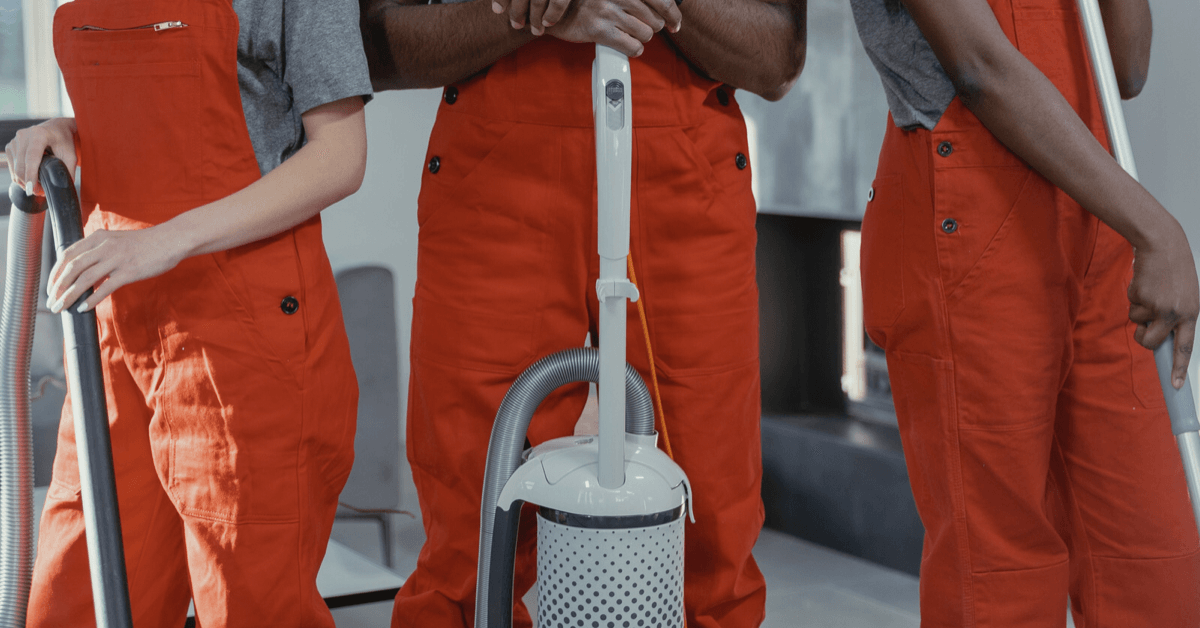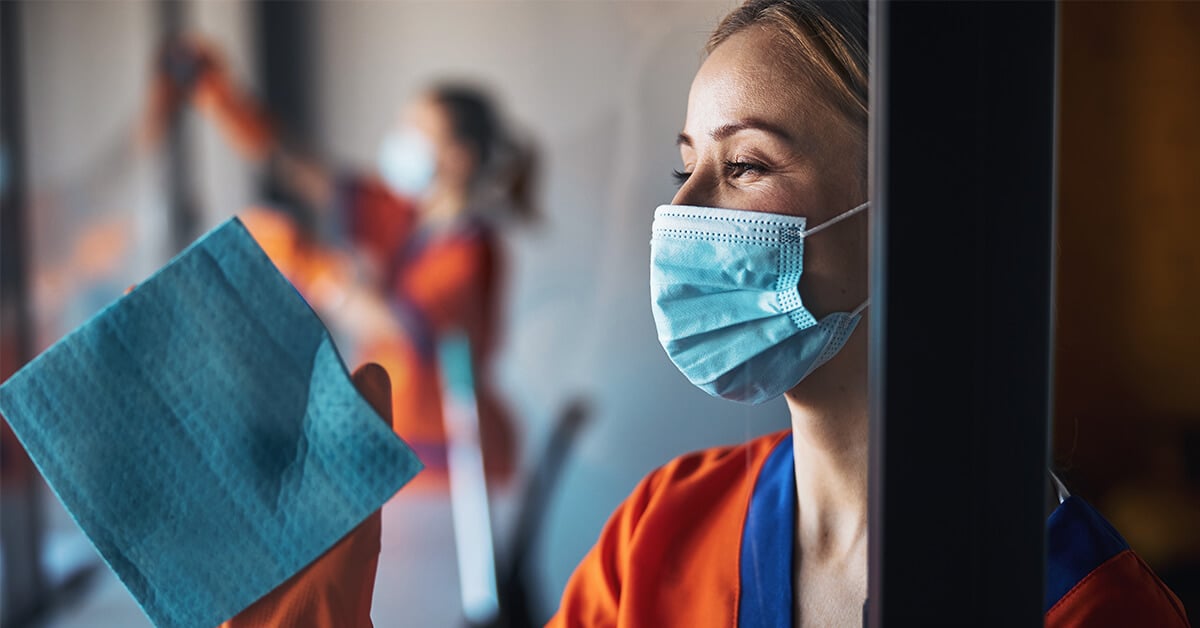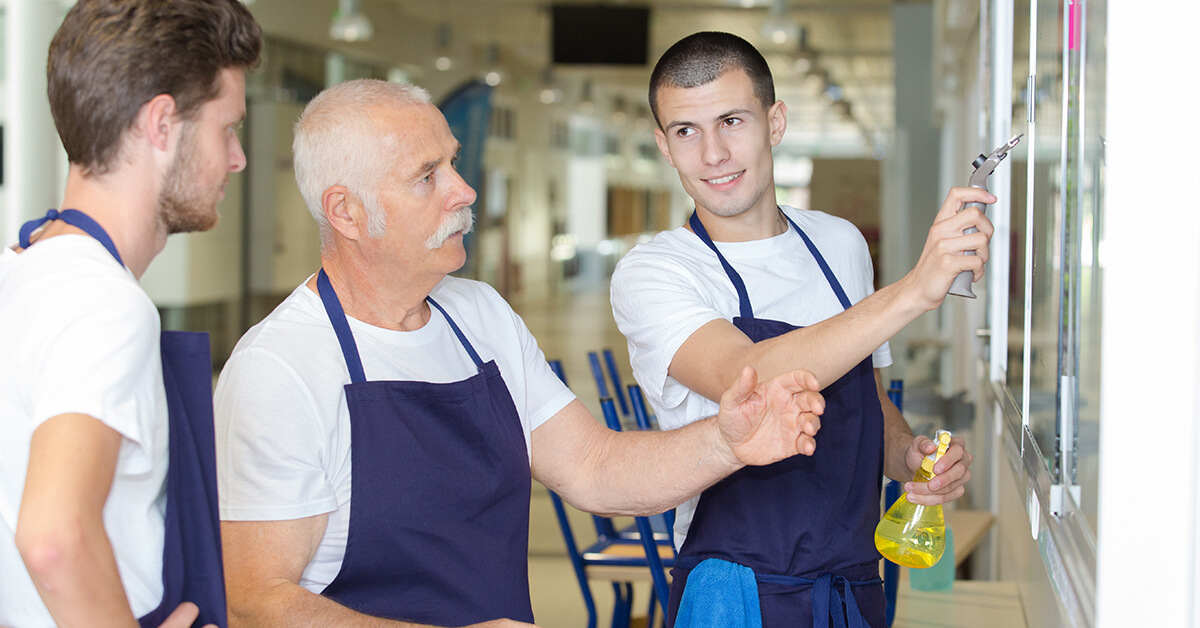In the wake of the growing Coronavirus (COVID-19) concerns in the US, Sentral Services is providing information that can be shared with your clients or tenants. Please take a moment to review the following FAQ and product information, so you're better armed to protect those in your building from the virus.
Frequently Asked Questions on Coronavirus Prevention
Question: How do I protect myself from getting COVID-19?
First: Don’t Panic! Use caution in your everyday activities. There is no vaccine to prevent COVID-19 yet, but there is plenty you can do to keep yourself safe.
- Wash your hands often with soap and water for at least 20 seconds, especially after going to the bathroom; before eating; and after blowing your nose, coughing, or sneezing.
- If soap and water are not readily available, use an alcohol-based hand sanitizer with at least 60% alcohol for at least 20 seconds. Always wash hands with soap and water if hands are visibly dirty.
- Cover your cough or sneeze with a tissue, then throw the tissue in the trash, preferably into an enclosed trash receptacle.
- Avoid close contact with people who are sick.
- Avoid handshaking – a handshake transfers 10 times as many bacteria as a fist bump. Avoid fist bumps, cheek kissing, and hugs. Do consider “elbow bumps, a verbal greeting, or a simple wave.
- Avoid touching your eyes, nose, and mouth.
- Stay home when you are sick.
- There is a major shortage of respiratory masks. Leave those for the people who show symptoms of COVID-19, healthcare workers, and people caring for someone in close settings (home, healthcare center).
- Shower immediately after activities where you have direct skin contact with people or shared surfaces or equipment, such as after exercising at a health club.
- Keep cuts and scrapes clean and covered with bandages or dressing until healed.
- Use barriers, like a towel or clothing, between your skin and the surface.
Question: How is COVID-19 transmitted?
At this time, the virus is thought to spread mainly from person-to-person:
- Between people who are in close contact with one another (within about 6 feet).
- Via respiratory droplets produced when an infected person coughs or sneezes. These droplets can land in the mouths or noses of people who are nearby or possibly be inhaled into the lungs.
Question: How long can COVID-19 be transmitted on surfaces?
So far, the latest information from the WHO indicates that transmission via surfaces is likely similar to that of other coronaviruses. COVID-19 is caused by an enveloped virus that, as a class, is generally considered one of the easier pathogens to kill due to a fatty lipid coating that is quickly broken down by detergents, disinfectants and alcohol-based sanitizers.
Studies suggest that the coronavirus may persist on surfaces for a few hours or up to nine days, this is dependent on many variables such as type of surface, temperature and environmental humidity.
High touch areas such as doorknobs, stair railings, elevator buttons, telephones, surfaces in kitchens and pantries may be the most susceptible to contamination. For surfaces that are suspected of contamination, the WHO’s recommendation is to clean frequently with a simple disinfectant.
Question: What's the recommended cleaning procedure?
Start by removing any superficial dirt on the surface you plan to disinfect. Once dry, wipe down surface with a disinfectant from the EPA’s registered list of antimicrobial products for use against Novel Coronavirus SARS-CoV-2, the cause of COVID-19.
Most importantly, pay attention to the necessary dwell time on your disinfectant – commonly, many require a 10-minute dwell time. This number is significant because it represents the amount of time the product needs to sufficiently kill any viruses, bacteria, fungi, etc.
Pay additional attention to these touchpoints:
- Entry door handles
- Elevator buttons inside and outside the cab
- Restroom door handles (entrance and exit)
- stall latches
- dispenser handles
- sink faucets
- Kitchens & Breakrooms
- faucets
- drawers
- cabinet handles
- coffee stations
- refrigerator/microwave handles
- tables and chairs
For more information, you can visit:
- https://www.cdc.gov/coronavirus/2019-ncov/summary.html
- https://www.cdc.gov/coronavirus/2019-ncov/about/prevention-treatment.html
- https://www.who.int/news-room/q-a-detail/q-a-coronaviruses
Our staff is aware of and trained on how to maintain a building's highly trafficked areas. As part of our custom proposal, we'll identify the high-risk areas and account for them in your proposal, helping you keep your building safe.










